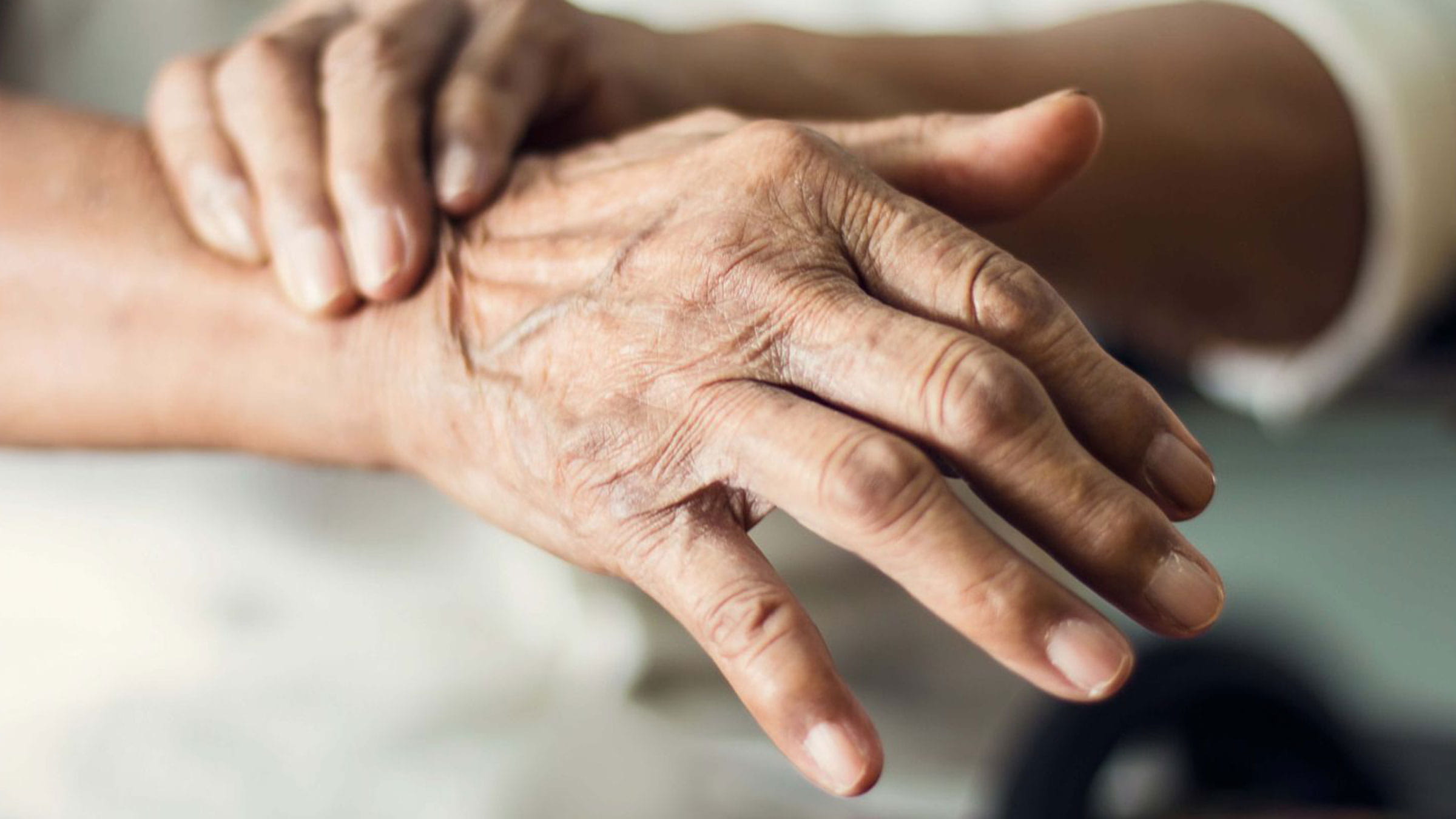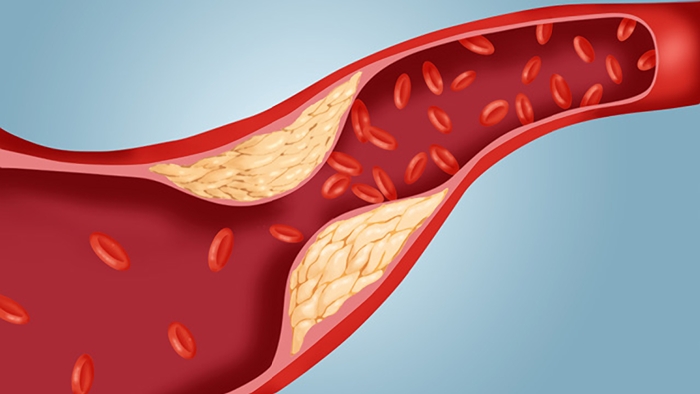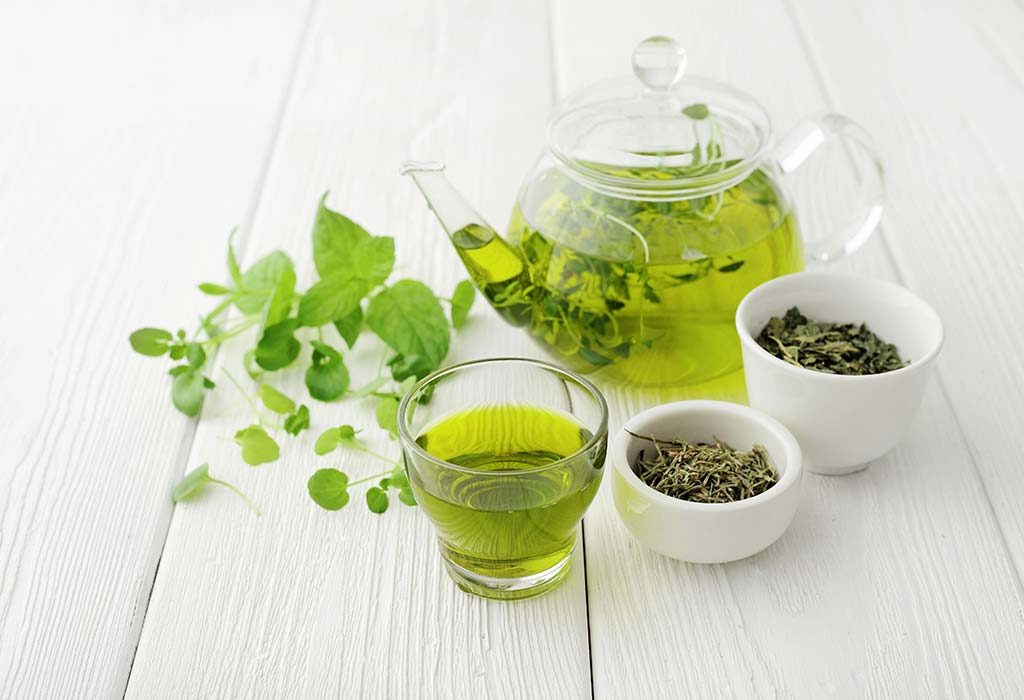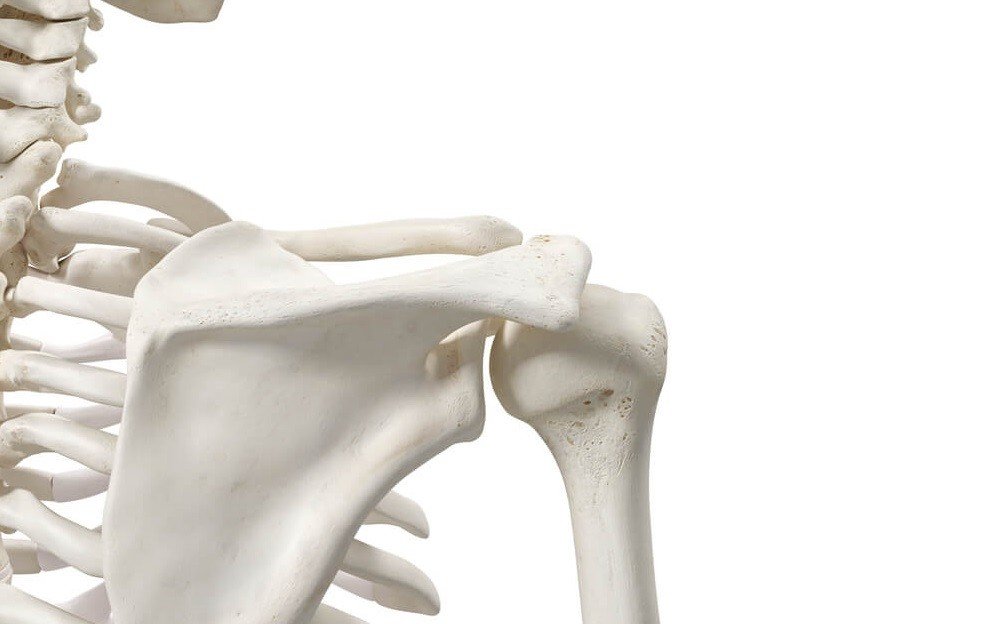How Much Vitamin D Do I Need A Day?
It’s spring! The flowers are blooming and it’s finally getting warm after a long winter. For most of us that means more time spent outdoors. In addition to getting added exercise, we’ll be absorbing vitamin D naturally through our skin.
Vitamin D has been scrutinized by researchers and health care practitioners throughout the past century. We know for sure that it plays a major role in bone health, cognition, immunity, and overall health. But is it necessary to take a supplement? Can you absorb it through your skin if you wear sun block? Does a daily dose of sunshine guarantee adequate vitamin D levels?
Learn the answers to these questions and more. And continue to enjoy time outdoors for a boost of vitamin D and beta endorphin, the substance produced in your brain that helps you feel better.
The Truth About Vitamin D
Until recently, it was commonly believed that a daily dose of sunshine guarantees adequate vitamin D levels. Well, not anymore.
The truth is we need both sun exposure and vitamin D supplementation for optimal health.
The latest studies are showing that most people are vitamin D deficient. Although our bodies do manufacture vitamin D when exposed to sunshine, how much depends on where you live and how much exposure you get. In fact, people who live in areas where the sun rarely shines make no vitamin D at all and must depend entirely on dietary supplements and vitamin D-fortified foods.
If you live at latitude below 34 degrees north (a line between Los Angeles and Columbia, South Carolina) your body can make vitamin D from sun exposure year-long. However, it’s important to expose a large portion of bare skin (like your midriff) to mid-day sun for at least 15 minutes every day. Most people are unable to fit this into their schedule, so vitamin D supplementation is highly recommended, especially since so few foods contain it.
Michael F. Holick, M.D., PhD., the world’s leading expert on vitamin D and professor of medicine at the Boston University Medical Center, says that more than 200 million Americans are deficient in this essential vitamin and are suffering from chronic diseases and life-threatening illnesses as a result. 1
Vitamin D:
- Regulates blood serum calcium and phosphate levels
- Stimulates calcification of the bone
- Increases absorption of calcium from the intestines
- Decreases excretion of calcium from the kidneys
- Supports T-cell production and the immune system
- Plays a role in regulation of blood pressure
- Supports immunity and helps reduce stress
Vitamin D deficiency may exacerbate osteopenia, osteoporosis, muscle weakness, fractures, autoimmune diseases, infectious diseases, multiple sclerosis and cardiovascular disease, cognitive function.
How Much Vitamin D Do You Need?
According to the National Institutes of Health, the recommended intake of vitamin D depends on your age. For children 1-13 years 600 IU, teens 14-18 600 IU, adults 19-70 600 IU, adults 71 and older 800 IU and pregnant and breastfeeding teens and women 600 IU. The Tolerable Upper Intake Level is the maximum daily intake unlikely to cause harmful effects on health. The UL for vitamin D for adults and children ages 9+ is 4,000 IU (100 mcg).
What’s The Difference Between Vitamin D2 and D3?
Vitamin D2 is a fat-soluble vitamin sourced from plants. Vitamin D3 is the natural form of vitamin D produced by the body from sunlight. While they are both available in supplement form, D3 is more active, slightly more effective, and is more often recommended by health practitioners. Vitamin D2 is vegan and is manufactured using UV irradiation of ergosterol in yeast. Vitamin D3 is typically produced from lanolin obtained from the wool of sheep.
Can You Get Enough Vitamin D Through Food?
The answer is no, for most people.
Foods Containing Vitamin D
Fatty fish such as salmon, trout, tuna and sardines, milk, and fortified cereals provide more than 100 IU per serving. Mushrooms are the only food in the produce section that contains vitamin D. But you’d have to eat an awful lot of these foods to get the recommended daily dose of vitamin D. Dr. Bischoff-Ferrari, a lead researcher of a vitamin D meta-analysis, says you’d have to eat two servings of fatty fish like salmon or mackerel every day.2

Track Your Intake of Vitamin D
D minder, an app created by Dr. Horlick, tracks how much vitamin D you’re getting from the sun based on your skin tone, age, weight, and amount of skin exposed. D minder allows you to optimize levels based on your location, body type, and time of day, while making sure you stay safe by warning you of any risk to your skin getting burned. D minder is available as an Android App on Google play and can be downloaded for Apple products on the Apple Store where it is offered as D Minder Pro.
Recent Studies…
Supports Healthy Skin
Fewer cases of melanoma were observed among regular users of vitamin D supplements in a Finnish study than among non-users. People taking vitamin D supplements regularly also had a considerably lower risk of skin cancer, according to estimates by experienced dermatologists. The study included nearly 500 people with an increased risk of skin cancer.3
Helps Boost Mood
An extensive meta-analysis suggests that vitamin D supplementation may alleviate depressive symptoms in adults with depression. Conducted by an international team of researchers, the meta-analysis includes dozens of studies from around the world. Vitamin D is believed to regulate central nervous system functions the disturbances of which have been associated with depression. In addition, cross-sectional studies have observed an association between depressive symptoms and vitamin D deficiency.
The new meta-analysis on the association of vitamin D supplementation with depression is the largest one published so far, including results from 41 studies from around the world. These studies have investigated the efficacy of vitamin D in alleviating depressive symptoms in adults by randomized placebo-controlled trials in different populations. The studies included those carried out in patients with depression, in the general population, and in people with various physical conditions. The results of the meta-analysis show that vitamin D supplementation is more effective than a placebo in alleviating depressive symptoms in people with depression. There were major differences in the vitamin D doses used, but typically the vitamin D supplement was 50-100 micrograms per day.4
Helps Support Cognition
Taking vitamin D supplements may help support cognition, according to a new, large-scale study. Researchers explored the relationship between vitamin D supplementation and dementia in more than 12,388 participants of the US National Alzheimer’s Coordinating Center, who had a mean age of 71 and were dementia-free when they signed up. Of the group, 37 per cent (4,637) took vitamin D supplements.5
Reduces Risk of Arterial Stiffness
Research reveals that black teens are at risk for developing arterial stiffness, a precursor to heart disease and stroke because having dark skin cuts down on the amount of vitamin D the skin can make. And a deficiency in vitamin D is associated with arterial stiffness. The good news is that everyone can reduce the risk of arterial stiffness by taking 2,000 international units (IU) of vitamin D each day.
The study of black teens included 44 girls and boys living in Georgia. Ninety-five percent of the teens were considered vitamin D deficient, despite living in the South, which is at latitude where most people who spend at least 15 minutes a day outdoors get adequate vitamin D.
The 44 participants were randomly assigned to receive either 400 IU (international units) of vitamin D per day (as recommended by the American Academy of Pediatrics) or 2,000 IU of vitamin D per day for 16 weeks. Vitamin D sufficiency was achieved by the teens that took the larger dose, but not by the teens that took the smaller dose.6
What About Sunscreen?
The American Academy of Dermatology’s position statement says that “Vitamin D should not be obtained from unprotected exposure to UV radiation.” In other words, due to the risk of skin cancer, it is never recommended to be outside without sunscreen intentionally to gain exposure to the sunlight in order to produce vitamin D. Clinical studies have never found that everyday sunscreen use leads to vitamin D insufficiency. In fact, the prevailing studies show that people who use sunscreen daily can maintain their vitamin D levels.
Controlled studies have shown that regular use of an SPF 15 or higher broad-spectrum sunscreen reduces your chances of developing squamous cell carcinoma by about 40 percent, melanoma by 50 percent and premature skin aging by 24 percent.7
Be Safe, Be Sure
If you really want to be sure about your own vitamin D levels, ask your doctor to do a blood test. Until then, play it safe. Spend some time in the sun and take a vitamin D3 supplement to support your overall health and happiness.

















